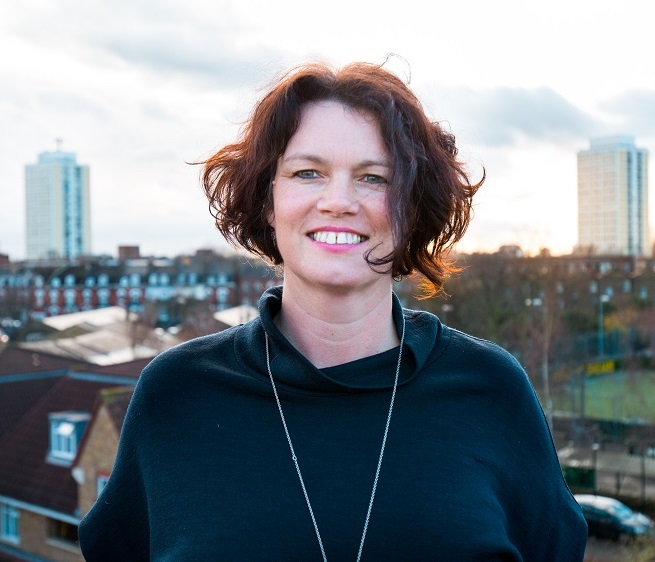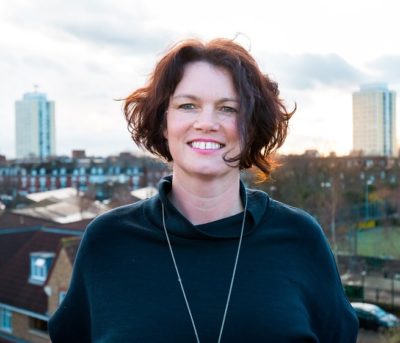

NHS England publish National Cancer Recovery Plan for cancer services
We comment on NHS England's National Cancer Recovery Plan, which aims to restore cancer services post pandemic
NHS England have published a new Cancer Recovery Plan to restore cancer services post pandemic.
In response, Diana Jupp, CEO of Pancreatic Cancer UK, said:
“We fully support the united front this plan presents to restoring cancer services, and the opportunity to help shape this national response on behalf of people affected by pancreatic and other less survivable cancers. The significant steps included in the plan to reduce treatment and care backlogs caused by the pandemic are hugely welcome, as are the commitments made to prioritise the restoration of Rapid Diagnostic Centres. These hold real promise, and could help many more people be diagnosed in time to receive lifesaving treatment.
“Pancreatic cancer has been an emergency since long before the pandemic, with more than half of people affected dying within three months of their diagnosis – even in a ‘normal’ year. Urgency is of the utmost importance and we are disappointed not to see the inclusion of a timed pathway for pancreatic cancer. A rapid move from diagnosis to treatment is essential in increasing people’s chances of survival and a dedicated pathway must now be created.
The significant steps included in the plan to reduce treatment and care backlogs caused by the pandemic are hugely welcome, as are the commitments made to prioritise the restoration of Rapid Diagnostic Centres.
“As members of the Cancer Recovery Taskforce we were pleased to see Government recognise the severity of the challenges that lie ahead in the recent spending review. It is vital that the investment committed and the steps outlined in this plan quickly translate into action. Delays can cost patients their chance of having surgery, the only potentially cure for pancreatic cancer. The price of even a small backlog in treatment for the deadliest common cancer is simply too high to pay.”